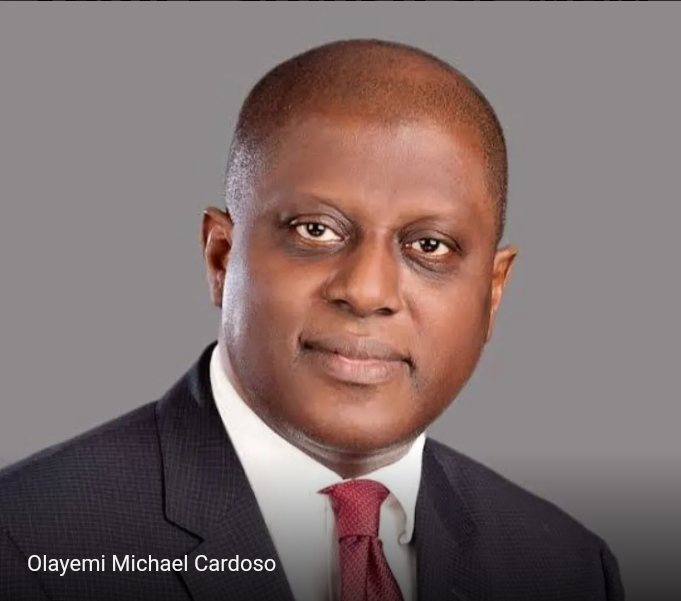
Naira Stability: MPC Calls for Measures to Boost Market Liquidity
The Monetary Policy Committee (MPC) of the Central Bank of Nigeria (CBN) has called for measures to boost market liquidity in order to stabilise the naira.
The CBN Governor, Olayemi Cardoso, made the call in an interaction with journalists on Tuesday.
He said the decisions were reached at the 298th MPC meeting held on November 25 and 26, 2024.
“Members expressed concern over persistent exchange rate pressure, reflecting continued high demand in the market. Consequently, the Committee urged the Bank to explore measures to boost market liquidity,” he noted.
Economic Confidential reports that CBN raised the Monetary Policy Rate (MPR) by 25 basis points to 27.50 per cent from 27.25 per cent to tackle inflation, which stood at 33.88 per cent in October 2024.
The CBN noted that the increase in inflation was driven by both food and core components, with food inflation rising to 39.16 per cent in October 2024, from 37.77 per cent in September.
The MPC also commended the efforts of the Federal Government in driving increased productivity in the agricultural sector, which has led to a moderation in the prices of farm produce.
In addition, the MPC retained the asymmetric corridor around the MPR at +500/-100 basis points and the Cash Reserve Ratio of Deposit Money Banks at 50.00 per cent and Merchant Banks at 16 per cent.
The CBN also expressed optimism about the country’s economic growth, noting that the recovery of output growth was sustained, with Real GDP (year-on-year) growing by 3.46 per cent in the third quarter of 2024 compared with 3.19 and 2.54 per cent in the preceding and corresponding periods, respectively.
The external reserves also rose marginally to US$40.88 billion as at November 21, 2024, from US$40.06 billion at the end of October 2024, available to finance 17 months of imports.
The Governor noted that the global economic outlook remains uncertain, with the IMF projecting growth at 3.2 per cent for 2024 and 2025.
Meanwhile, the Committee expressed concern over the lingering impact of the Russia-Ukraine war and the crisis in the Middle East on the global economy.
